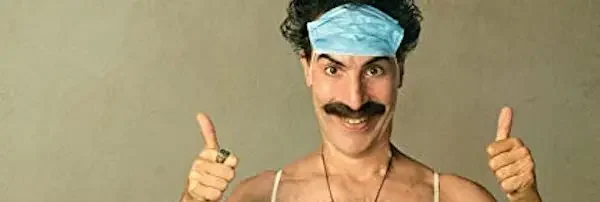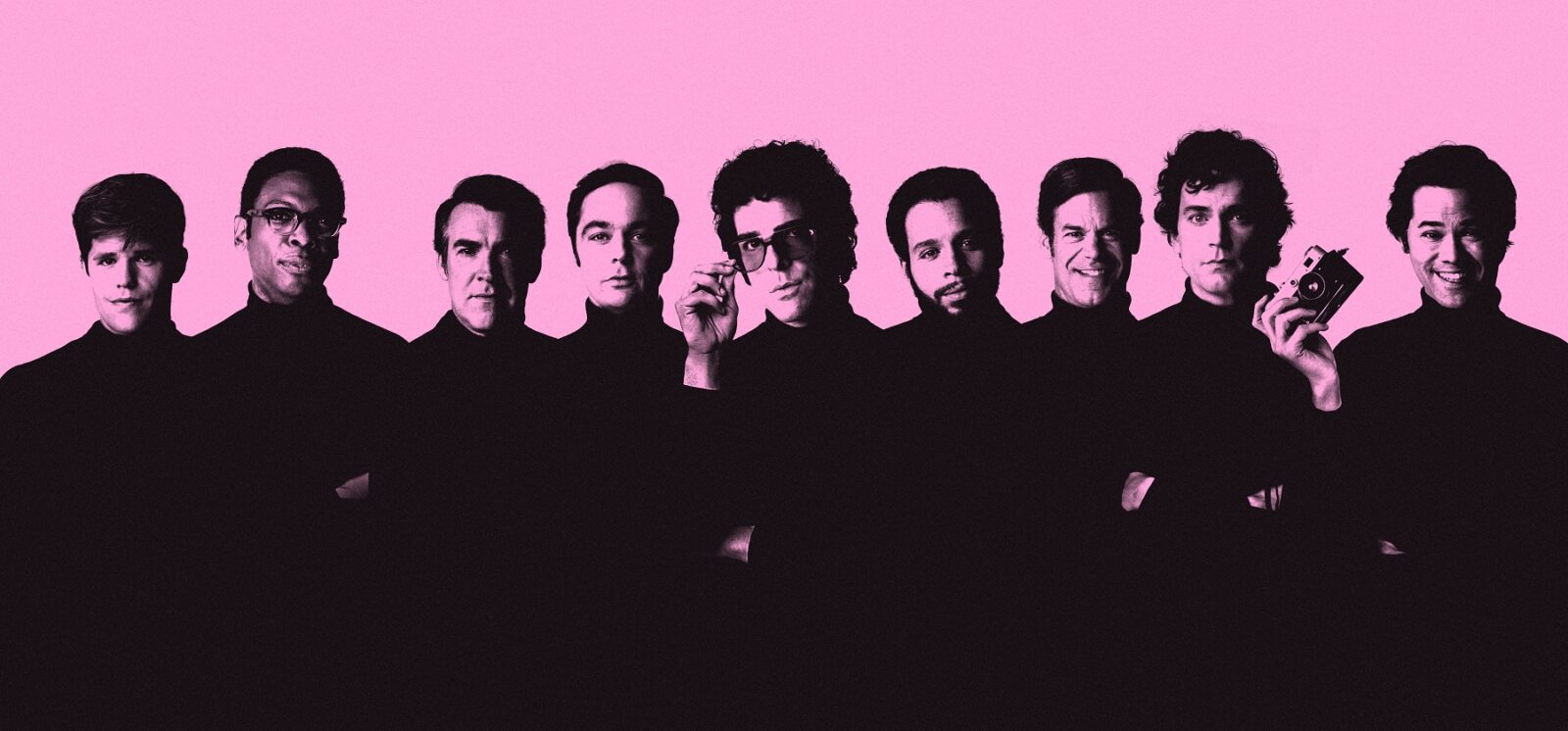by Mackenzie Belo
Wonder Woman (WW) has become a social and pop culture phenomenon that storms the box office. The hero has become a symbolic artifact of the entertainment and superhero industry. Her diverse story of femininity and power draw in a new segment for the franchise that her male superhero counterparts fail to encompass. For over 80 years, the superhero franchise’s beloved Wonder woman, formally known as Diana, has symbolically represented powerful themes of equality, truth and justice.





